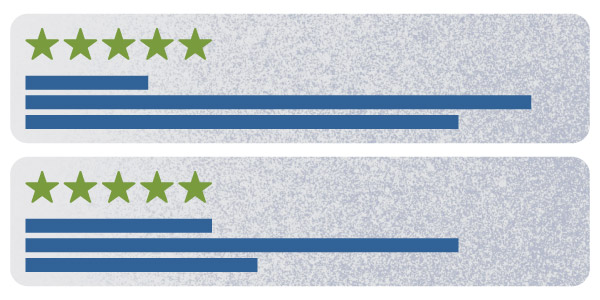Know the Science: Are You Reading News or Advertising?
The Federal Trade Commission (FTC) has warned the public about fake online news sites. The site may look real but is actually an advertisement.
The site may use the logos of legitimate news organizations or similar names and web addresses. To get you to sign up for whatever they’re selling, they may describe an “investigation” into the effectiveness of the product.
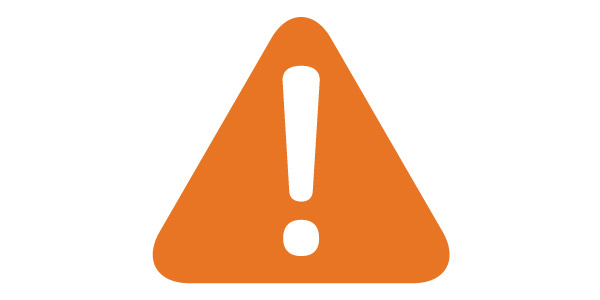
But everything is fake: there is no reporter, no news organization, and no investigation. Only the links to a sales site are real.
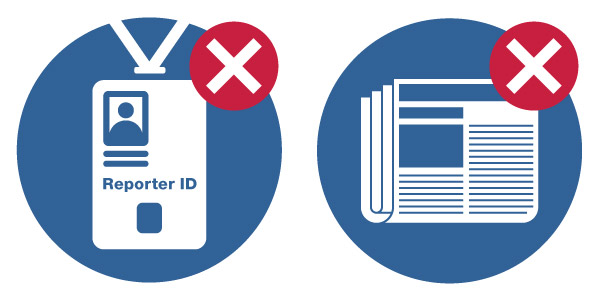
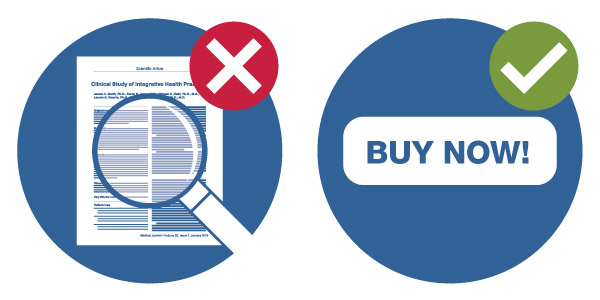
Fake news sites have promoted questionable products, including acai berry for weight loss, work-at-home opportunities, and debt reduction plans.
How To Identify a Fake News Site
You should suspect that a news site may be fake if it:
Endorses a product. Real news organizations generally don’t do this.
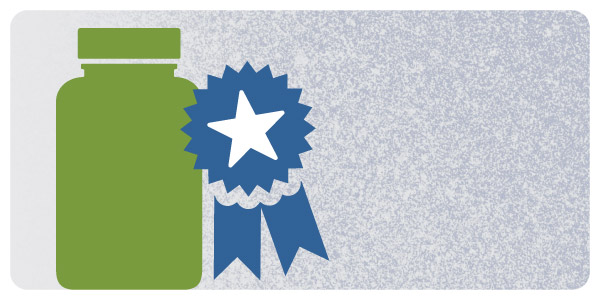
Has a shocking or unbelievable sounding headline.
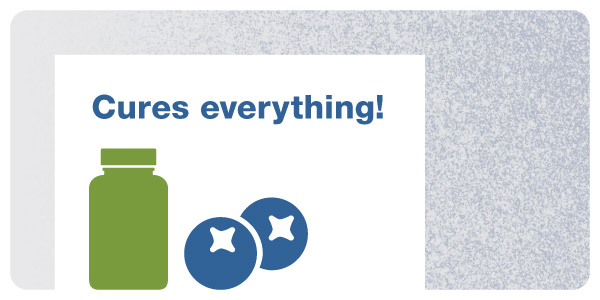
Presents research findings that seem too good to be true. (If something seems too good to be true, it usually is.)
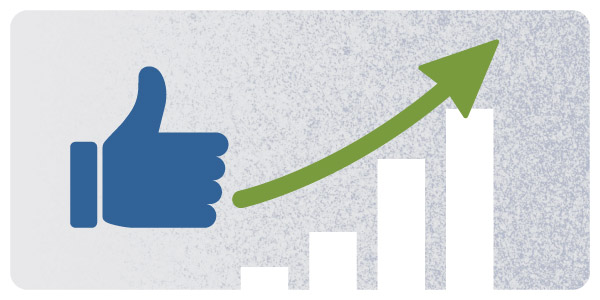
Only quotes people who say good things about the product.

Contains links to a sales site.

Includes only positive reader comments, and you can’t add a comment of your own.
